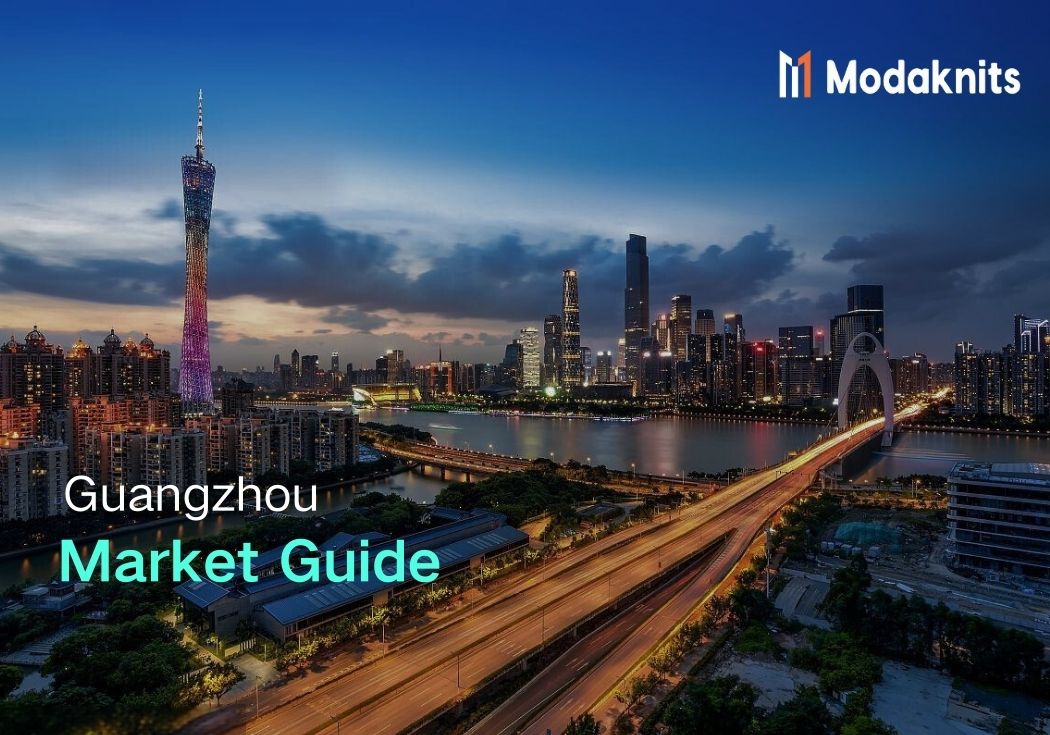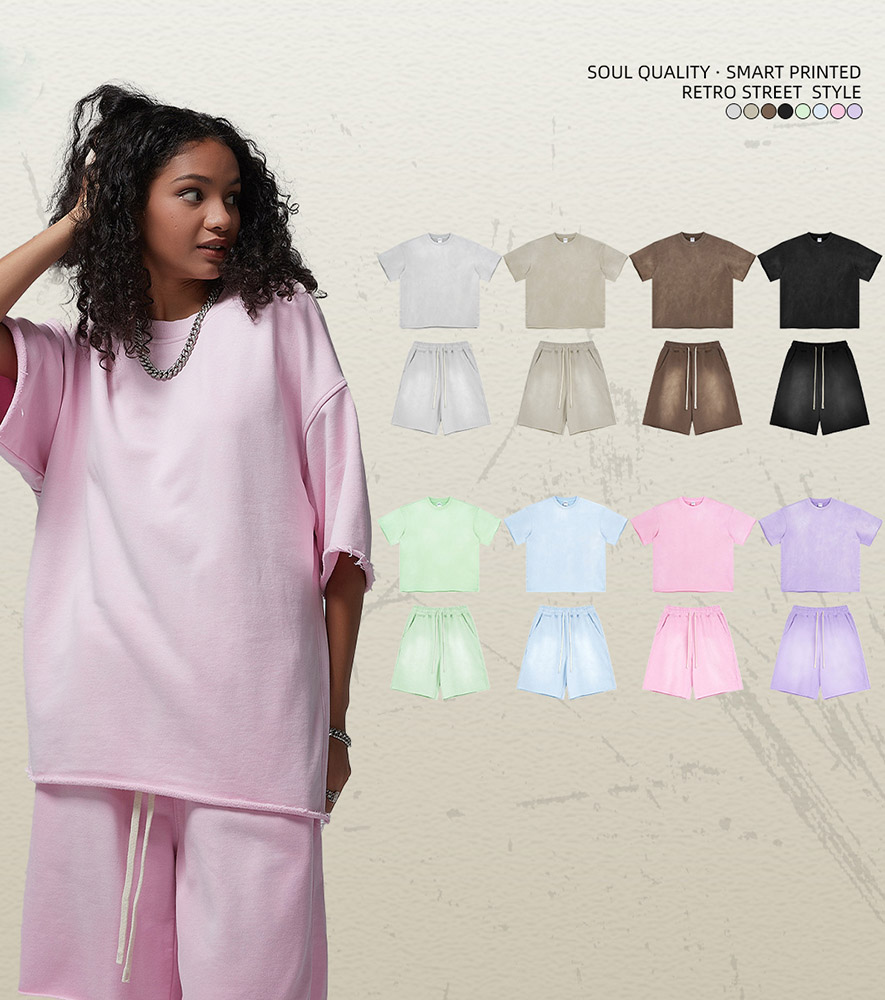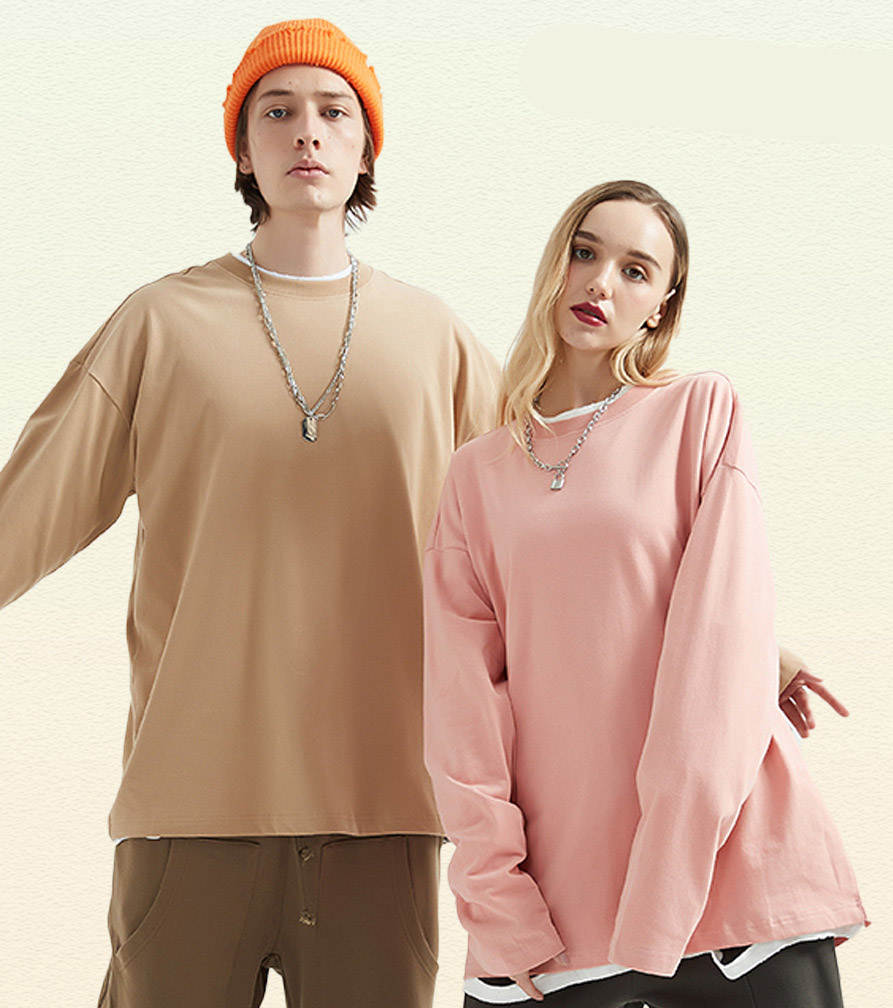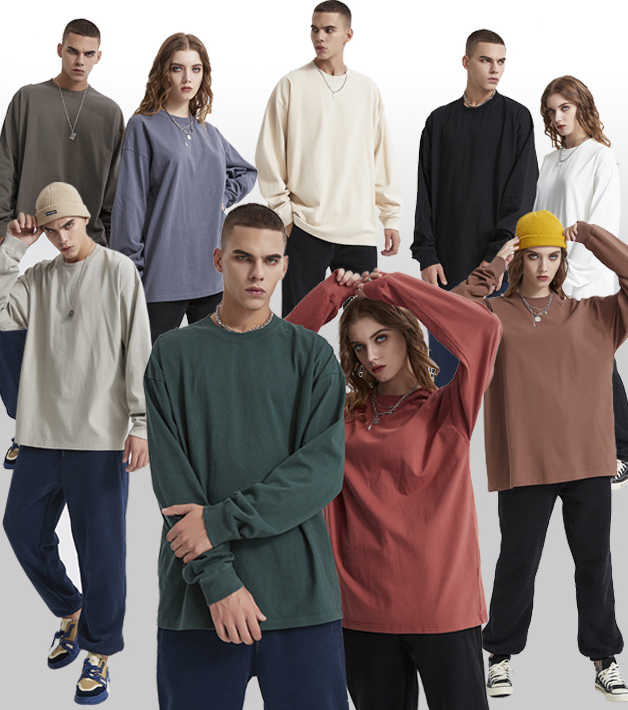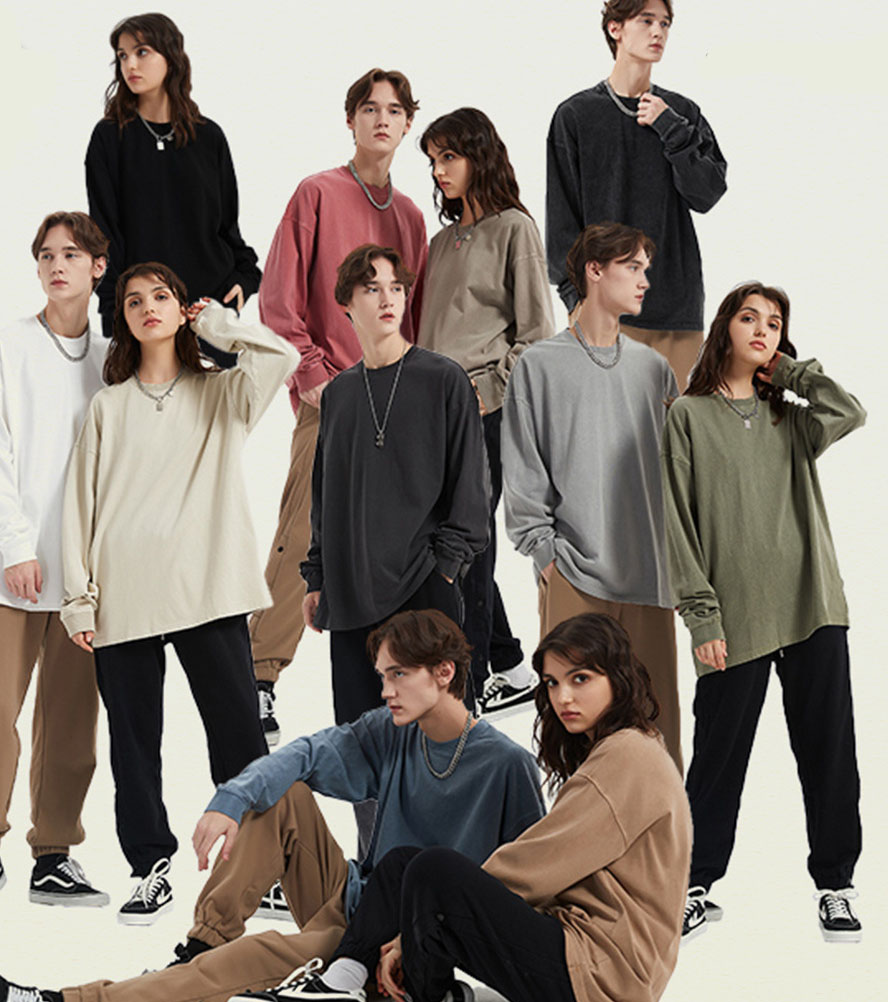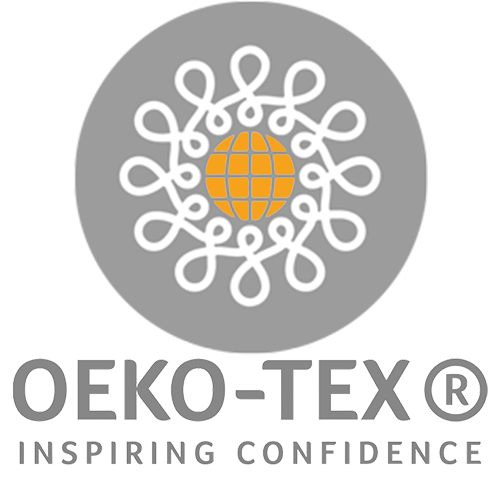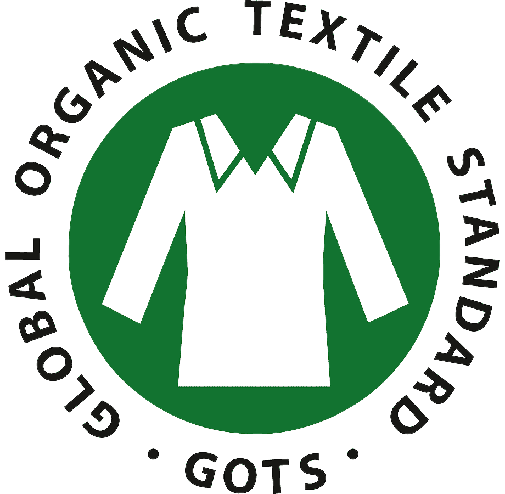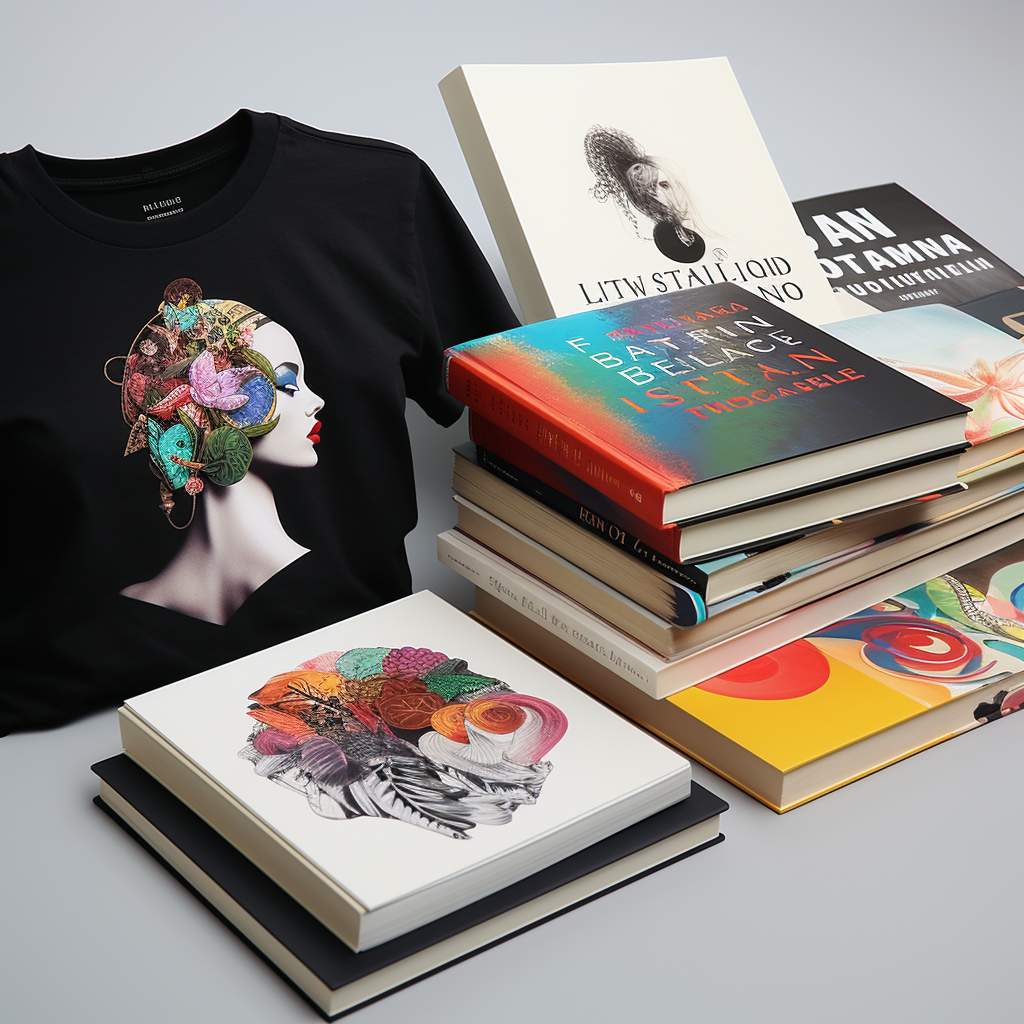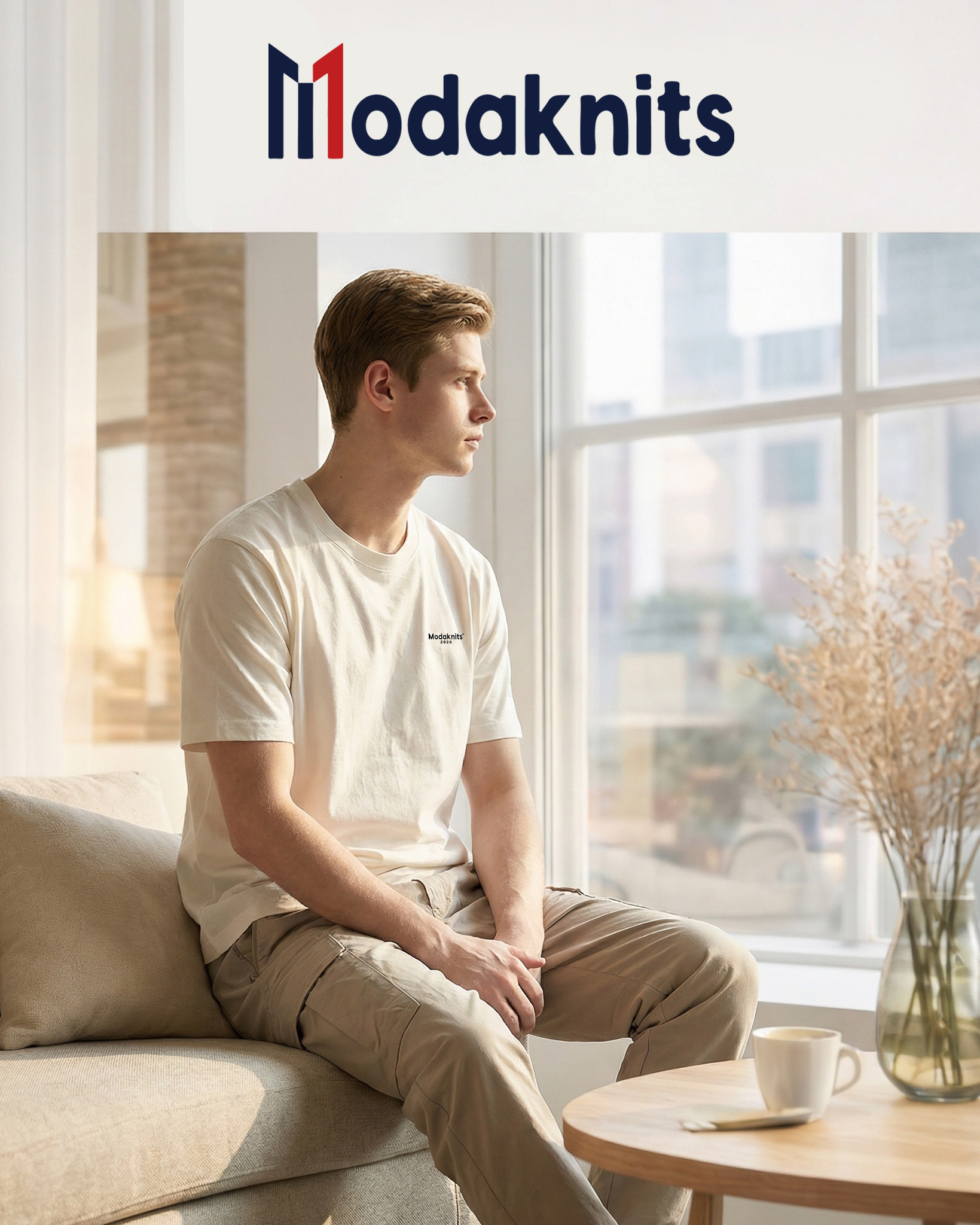Ordering custom activewear1 feels exciting, yet risky. I often hear buyers worry about slow samples, hidden fees, and styles that miss the trend. These fears grow when fashion moves fast. I solve this by breaking the process into clear steps, showing the exact costs, and sharing real timelines from my own factory work.
Before you order custom activewear, know three things: exact product specs, a maker with short lead times, and a plan for small-batch costs2. Define fabrics, fits, and prints up front. Choose a factory that samples in under seven days and ships bulk in under thirty. Build price tiers so you stay profitable at every volume.
I learned these lessons the hard way when an urgent hoodie launch almost collapsed. One clear checklist saved the project—and the brand’s summer sales. Keep reading and you’ll grab that same list, plus the deeper details that protect your budget, timeline, and design vision.
What Is Custom Activewear and Why Is It So Popular Now?
I call custom activewear “wearable branding.” It matches your shape, colors, and story. Since the pandemic, gyms moved online and people wanted clothing that echoes their identity on-screen and off. Brands now chase that demand with one-of-a-kind leggings, hoodies, and sports bras.
Custom activewear is any sports garment built to your specs—size range, fabric tech, colors, and graphics. It rose because consumers crave unique looks for fitness, athleisure, and social media. Small runs let influencers, start-ups, and sports teams launch tight collections that speak straight to their tribes.
 Flat lay of pastel leggings and cream sports bra with blue hoodie
Flat lay of pastel leggings and cream sports bra with blue hoodie
Market Forces Driving the Boom
- Home fitness surge after 2020 kept demand high.
- Social commerce pushes limited drops to loyal fans.
- Eco demands favor made-to-order runs that reduce waste.
Who Buys Custom Gear?
| Segment | Key Need | Typical Order Size |
|---|---|---|
| Boutique Gyms | Brand unity | 200–500 pcs |
| Influencers | Fast trend reaction | 50–200 pcs |
| College Teams | Performance + identity | 300–800 pcs |
Product Categories
- Performance leggings with four-way stretch
- Oversized pump-cover hoodies
- Seamless sports bras for live streams
How Does Custom Activewear Benefit Your Brand or Business?
When I switched one client from blank tees to branded joggers, their repeat rate jumped 40 %. Custom gear locks your logo into daily routines, unlike ads that vanish in seconds.
Custom activewear boosts brand recall, builds a lifestyle image, and creates new revenue streams. Each wearer turns into a moving billboard. Personal fits and colors deepen loyalty, while limited drops lift perceived value and let you charge a premium.
Brand Visibility by the Numbers
| Metric | Blank Apparel | Custom Apparel |
|---|---|---|
| Average impressions | 900 | 2,700 |
| Repeat purchase rate | 18 % | 32 % |
Competitive Edge Stories
- Startup A released neon matched sets; wait-list hit 5 k names in two weeks.
- Gym B gave members name-stitched hoodies; churn fell by 12 %.
Which Types of Activewear Can Be Customized?
If it stretches, you can brand it. I have printed on seamless bras, embossed silicon logos on windbreakers, and laser-cut patterns into leggings.
You may customize sports bras, leggings, shorts, tees, hoodies, joggers, and even socks. Choose fabrics like nylon-spandex blends for stretch, recycled polyester for moisture wicking, or cotton terry for lounge looks. Add logos, all-over prints, or dyed-to-match trims.

Fabric Functions
| Fabric | Key Benefit | Best Use |
|---|---|---|
| Nylon + Spandex | High stretch, shape retention | Leggings, bras |
| Recycled Polyester | Moisture wicking, eco badge | Tees, shorts |
| French Terry | Soft touch, breathability | Hoodies, joggers |
Design Elements
- Heat transfer logos for small runs
- Sublimation for photo prints
- Jacquard weave for tonal patterns
How to Choose the Right Manufacturer for Custom Activewear?
I test a factory like I test a fabric—stretch it, wash it, see if it snaps back. Good partners stay elastic under pressure.
Pick a maker with low MOQs, fast sampling3, clear quality checks, and open design support. Ask for past client photos, lab test reports, and a fixed timeline. Ensure they own key machines—flatlock, cover-stitch, laser cutter—so details stay consistent.
Quick Checklist
| Question | Why It Matters |
|---|---|
| What is your sample lead time? | Speed to market |
| Do you provide digital pattern files? | Fit accuracy |
| How do you inspect seams? | Durability guarantee |
| Can I visit the line remotely? | Transparency |
MOQs vs Growth
Start with 100 pieces per style; scale after test sell-through hits 70 %. I keep reorder windows open every two weeks to stay agile.
Is It Expensive to Make Custom Activewear in Small Quantities?
Cost scares many founders. I once trimmed a client’s budget by swapping nylon for recycled poly and saved 18 % without hurting performance.
Unit cost rises when quantity drops, but smart choices level it out. Fabric, print method, and size range drive price. A 100-piece order of leggings might land at \$12 each; 1,000 pieces drop near \$8. Hidden fees appear in sampling, duty, and rush freight.
Price Drivers Table
| Factor | Low Impact | High Impact |
|---|---|---|
| Fabric Type | Jersey | Compression |
| Print Area | Chest logo | All-over |
| Size Range | XS-XL | XXS-6XL |
Avoiding Hidden Costs
- Combine sizes on one marker to cut wastage.
- Ship samples by express, bulk by sea.
- Confirm duty codes before booking freight.
Do You Need a Designer to Start Making Custom Activewear?
I started with hand-drawn sketches on napkins. Today free tech packs exist, and many factories offer in-house design tweaks.
You don’t need a full-time designer if the factory provides pattern and artwork help. Supply clear logo files, color codes, and reference images. For complex shapes or branded trims, a freelance designer ensures brand DNA stays intact.

When Free Design Works
- Simple logo placements
- Classic cuts already in the maker’s library
When a Designer Adds Value
| Project Type | DIY Possible | Pro Needed |
|---|---|---|
| Standard Tee | ✅ | |
| Engineered Seamless | ✅ | |
| Patent Pattern | ✅ |
How Long Does It Take to Get Samples and Bulk Orders?
Speed wins trends. My record: idea to photo shoot in twenty-one days for a TikTok drop.
Expect 5–7 days for the first sample, 3–5 days for revisions, and 15–30 days for bulk. Add transit: express air 3–7 days, sea freight 20–35. Clear, daily communication cuts delays.
Timeline at a Glance
| Stage | Typical Days |
|---|---|
| Tech Pack | 1–2 |
| First Sample | 7 |
| Fit Revision | 3 |
| Bulk Cutting | 5 |
| Sewing & QC | 10–20 |
Speed Tips
- Approve fabric swatches before sampling.
- Use one courier account for all parcels.
- Schedule weekly check-ins on video.
Are There Common Mistakes Brands Make When Customizing Activewear?
I have watched brands trip on the same stones: fancy prints, wrong fabrics, and ignored QC.
Big errors include over-complicated artwork that cracks, choosing cotton for high-sweat workouts, and ignoring minimums that break size curves. Fix them by matching fabric to use case, keeping graphics simple, and locking specs before production.
Top Three Pitfalls
- Over-designing. Too many panels raise cost and sewing errors.
- Underestimating logistics. Forgetting customs adds two weeks.
- Skipping in-line QC. Problems multiply by the thousand.
Final Inspection Checklist
| Checkpoint | Pass/Fail Note |
|---|---|
| Stretch test | No stitch pop |
| Print adhesion | No peel |
| Size consistency | ±0.5 cm |
Conclusion
Ordering custom activewear in 2025 can be smooth, fast, and profitable when you lock in clear specs, pick an agile factory, and track every stage. Use the checklists above, start small, learn fast, and scale with confidence—I have seen this simple plan turn first runs into lasting brand wins.
-
Explore how custom activewear can enhance brand visibility and loyalty, turning wearers into brand ambassadors. ↩
-
Learn strategies to effectively manage costs when producing small quantities of custom apparel, ensuring profitability. ↩
-
Discover the benefits of quick sampling in the fashion industry, including speed to market and trend responsiveness. ↩


